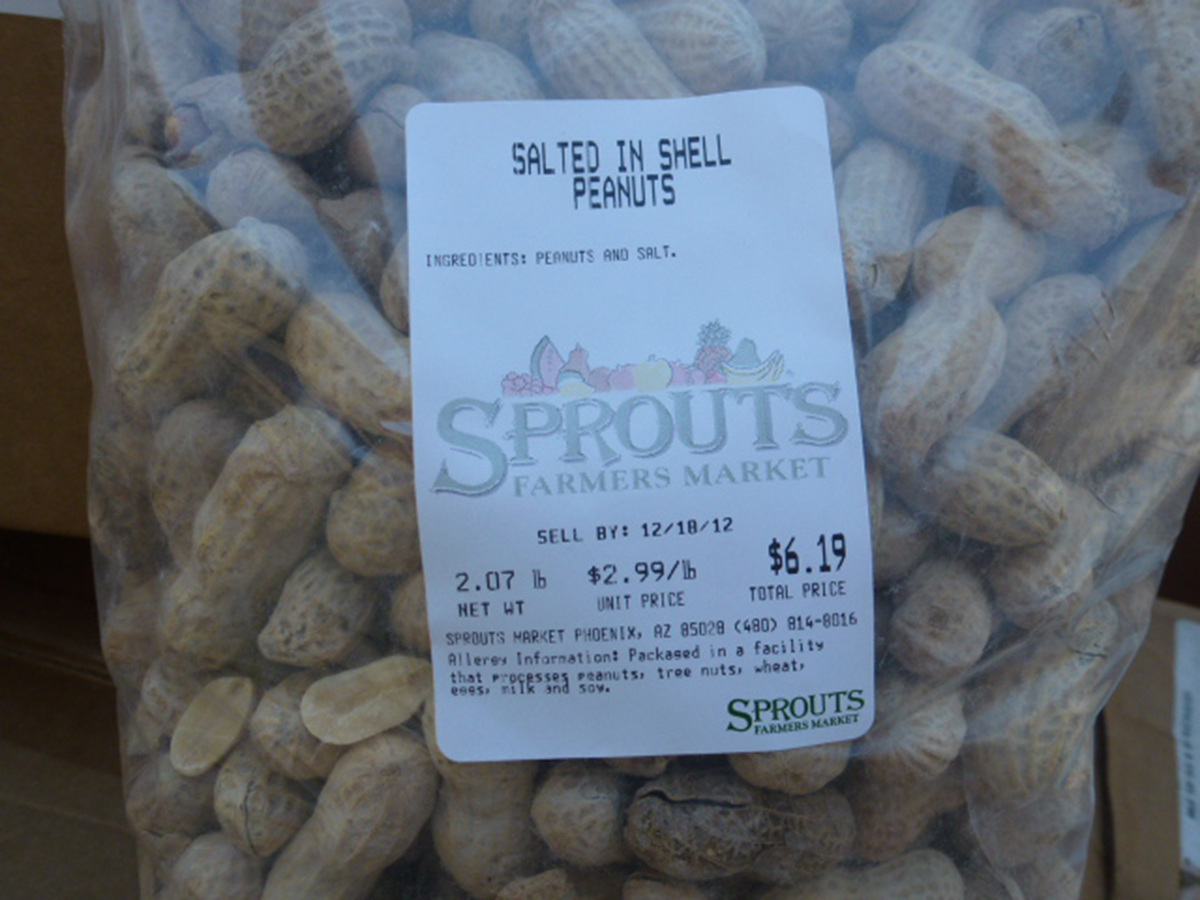
Introduction
Peanuts come from the legume family which is the same family that pea or beans come from. The peanut plant can be up to half a meter in height and the nuts do originate from the stems but as the plant grows they get pushed into the ground and they mature underground. Peanut originally comes from Brazil because it requires semi-arid areas to grow properly and nowadays the leading countries that produce it are India, China and tropical Africa. There are numerous varieties of peanuts but the most common ones are Spanish, Runner, Virginia and Valencia.
The Spanish variety is round with a rich and full taste and is usually roasted. The redskin jumbo runner is the one that is mainly used in the production of peanut butter. The Virginia is the largest of the four varieties and it is usually sold in its shell. The Valencia is characterized by the red skin and smallest kernels.
Benefits
Peanuts are very rich in proteins and they often get processed to produce different forms such as flakes, oil, flour and butter. Peanut butter is a very popular product because of its peculiar taste and numerous nutritional values. Peanut butter is an extraordinary source of vitamin B, vitamin E, niacin, riboflavin, iron, potassium, calcium, phosphorus, fat, calories, proteins and carbohydrates.
Whole peanuts are abundant in protein and that is why they are recommended for those who are underweight or perhaps for those in indulge in body-building. If proteins are what a person is after the raw peanut butter should be preferred over the refined one that does not contain crushed peanut skin. Peanut is also rich in Coenzyme Q10 which is very beneficial for the overall heart health. Peanuts also contain polyphenols which have very strong antioxidant properties. If they come in the unsalted form, peanuts contain monounsaturated fat which is very beneficial in lowering the levels of bad cholesterol in the blood.
Niacin recovers the cell damage and protects against numerous age related cognitive ailments. Vitamin E is known for strong antioxidant properties and it also greatly reduces the risk of various cardiovascular diseases and cancer. Iron can be found in the peanuts and it is very beneficial for the normal functioning of red blood cells. Calcium is in charge of promoting overall health of teeth and bones. Peanuts are a remarkable source of resveratrol which reduces the risk of stroke and improves the blood circulation in the brain. Peanuts are also beneficial in lowering the risk of colon cancer and improving the hormone growth.
Potential side effects and risks
Some people may have an allergic reaction to peanuts. Those who suffer from kidney ailments should avoid peanuts because they contain oxalates. Oxalates sometimes get crystallized in the human body and that leads to certain health problems. People who have certain thyroid issues should also avoid peanuts because they contain goitrogens which can be harmful to the thyroid gland.





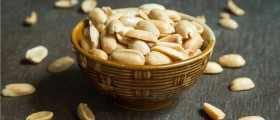





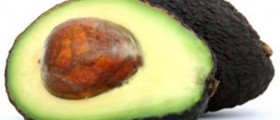



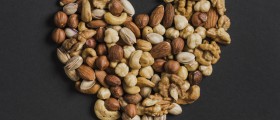
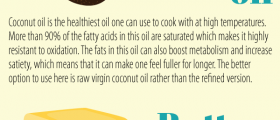
Your thoughts on this
Loading...